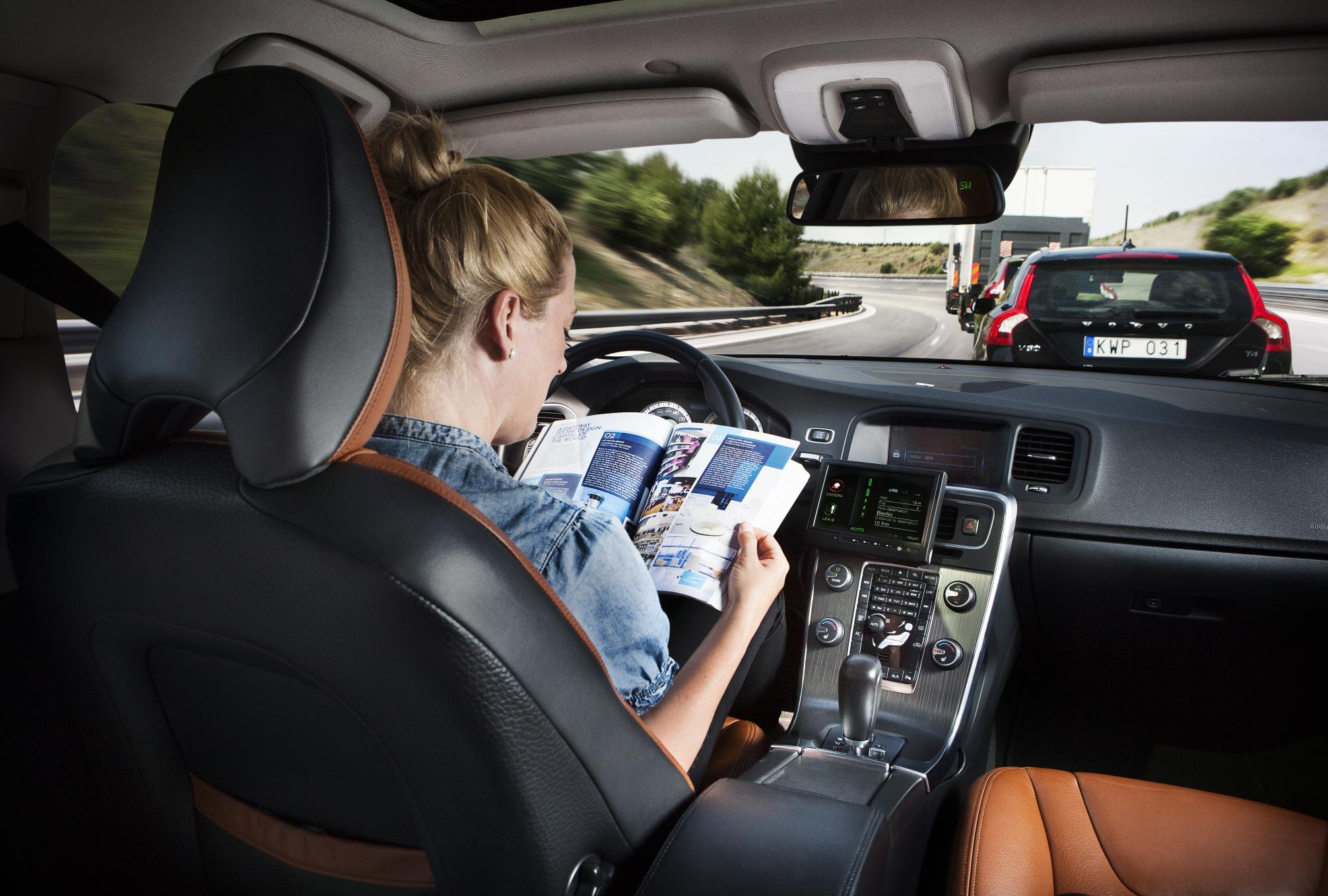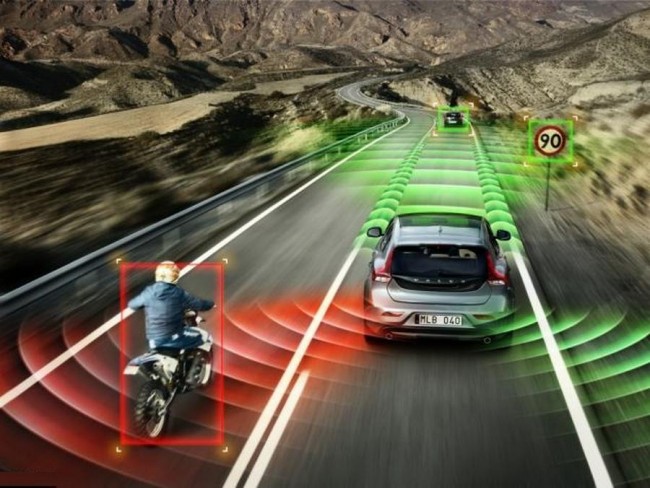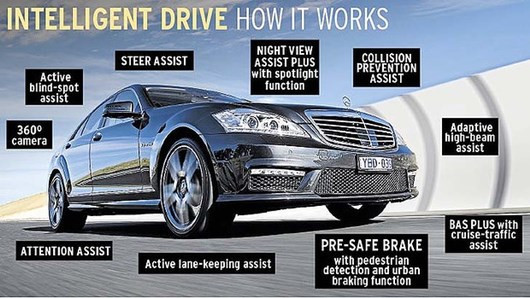
Driverless cars will change driving forever in a myriad of ways. Assuming any kinks can be worked out with regard to the overall shift in societal thinking, legal issues and impact, and process and execution, one thing is for certain: driverless cars are no longer a thing of the future.
A new study released Thursday by McKinsey & Company projected that widespread adoption of self-driving cars could lead to a 90 percent reduction in U.S. vehicle crashes, with a potential savings of nearly $200 billion a year from significantly fewer injuries and deaths.
Furthermore, McKinsey went on to also say that while traditional automakers already are beginning to implement advanced driver assistance systems on their cars, especially premium brands such as Daimler AG’s Mercedes-Benz and Volkswagen AG’s Audi, they face new challenges in fielding fully autonomous cars from “attackers,” that is, non-traditional companies that do not have legacy vehicle platforms or sales and service networks.

A gradual shift to self-driving cars, which automakers don’t expect to accelerate until after 2025, could trigger other profound changes in the auto industry. Among those include a shift among insurers from covering risk of human error to risk of technical failure; a shift from franchised dealer service to independent shops, where autonomous vehicles can drive themselves for repairs and maintenance; and fewer trips to the shop as more cars are diagnosed and updated wirelessly.
The California DMV as recently as a month ago began issuing an all-new license that allows an applicant to “drive” a car that drives itself; technically, the license is an “autonomous vehicle testing” permit. This transition between human and software control, known as the handoff problem, continues to pose a big challenge in automating all kinds of processes. Security is one concern that stands as the chief issue. It’s one thing for a virus to cause your phone or laptop to crash, but many people fear if the same fate befalls a driverless car, the consequences will be much more dramatic.
Any software bugs in an autonomous car that would allow a hacker take control of the vehicle remotely, while perhaps locking the passengers inside until a ransom is paid. Given this potential threat, car manufacturers will pore over their software more intently than the average app developer. When problems crop up, they will need to fix them as fast as possible. It should also require minimum effort by the user, because the hassle of dealer visits means passengers may settle for cars with unpatched software.

On the other hand, studies have shown that despite the potential for hardware failure, which is practically a nonexistent risk and more of a concern of human emotion than anything, that human error from human-driven cars poses a far, far greater risk to the security of passengers and drivers alike. Self-driving cars are a proven method to significantly decrease the chance of an accident, even after all things considered.
Additionally, the likelihood of hackers even having a desire to take control of another person’s vehicle is extremely unlikely. Also, the software should be secure enough that only the most advanced hackers could even succeed – hackers who with their skills will have no desire to take control of cars, having much better things to do with their time.
The promise of this highly anticipated new technology will need to be weighed against its delivery to the marketplace, but rest-assured that regardless of how it plays out, it will undoubtedly changing driving forever.



